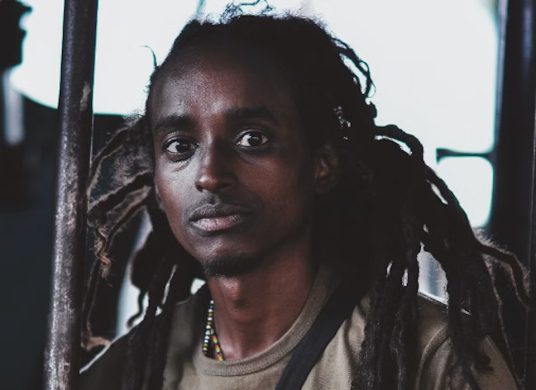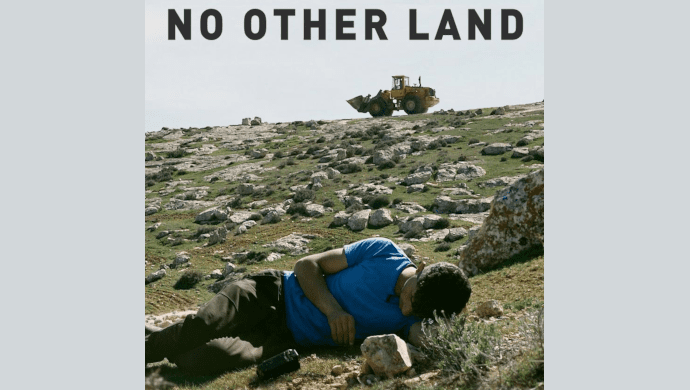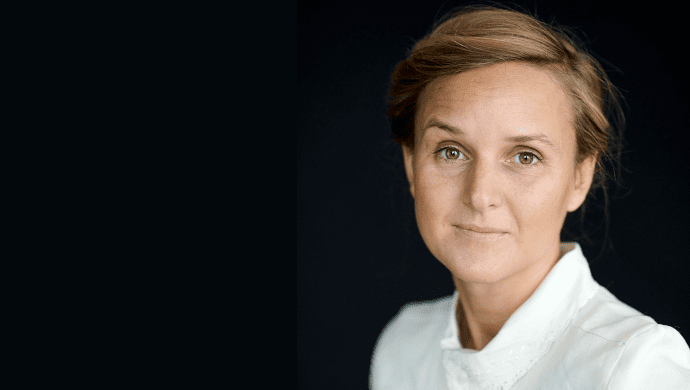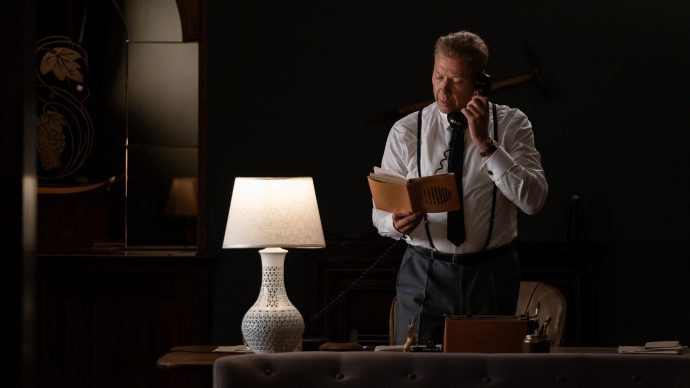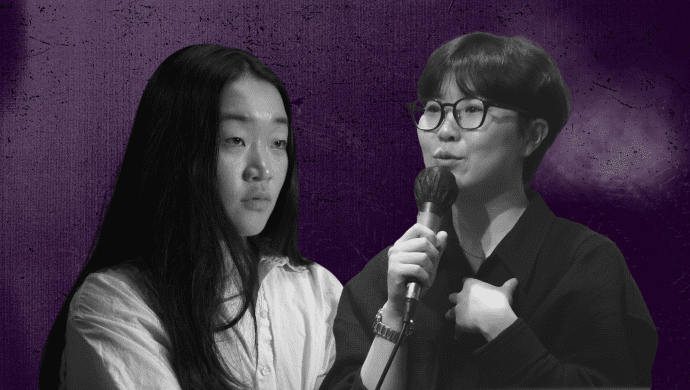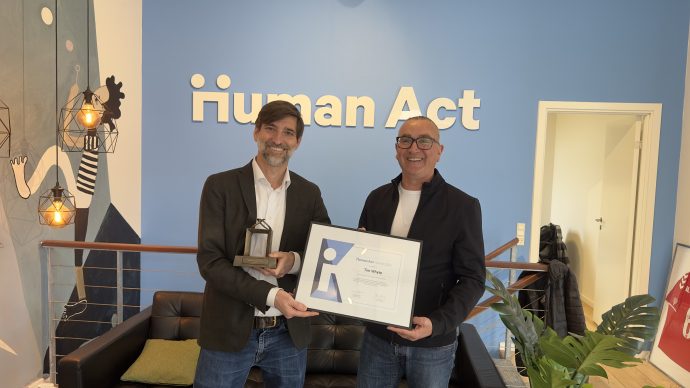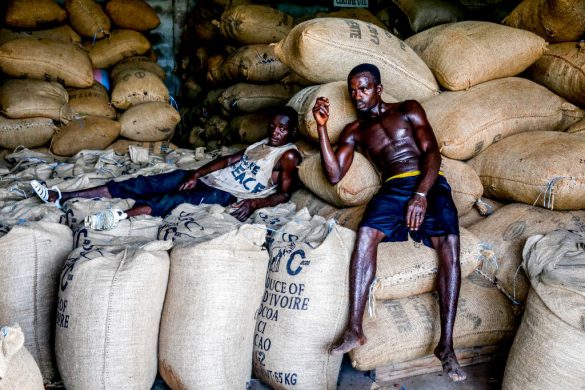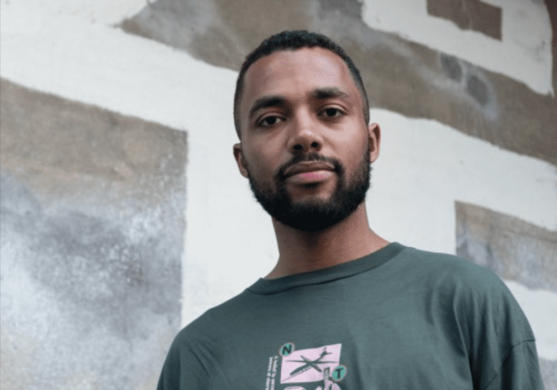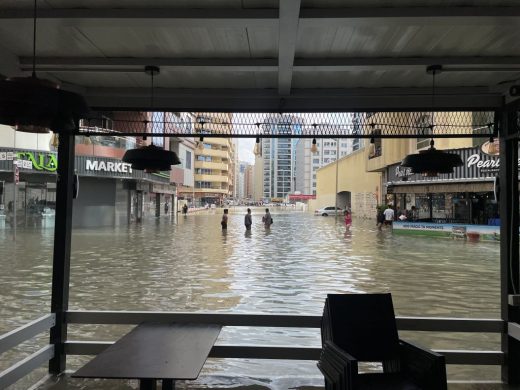Regev’s letter followed warnings from Likud party activists who said they would bomb the performance if it was not cancelled, and also called for a protest outside the venue if the show went ahead, reported Skeyes Media on 19 October 2016. Regev is a member of the Likud party, the leading centre-right to right-wing party in Israel led by chairman and current Prime Minister Benjamin Netanyahu.
According to The Times of Israel, two of the activists were detained and interrogated over the threats and were released on 17 October 2016 with a restraining order, preventing them from coming near the venue.
Regev said “public funds should not be used to support activists who seek to undermine the state, its values and its symbols in the name of art and free speech”, and told Haifa Mayor Yona Yahav:
"It troubles me that a festival like the Haifa Film Festival, which has come to embody quality and close ties between nations and countries, chose to give the stage to an artist like Tamer Nafar, who takes every opportunity and every possible platform to come out against the idea of the State of Israel and its existence as a Jewish state."
Udført som planlagt
The municipality rejected Regev’s demand and Nafar’s scheduled performance for 19 October 2016 went on as scheduled
Many of Nafer’s songs focus on the Israeli-Palestinian conflict and the struggle for equality for Palestinians. His songs often allude to or use the words of Palestinian poet Mahmoud Darwish who is also seen as a symbol for Palestinians. The rapper performed one such song based on a Darwish poem, which he said was a song about “unity”.
Nafar is also an actor who starred in the controversial movie ‘Junction 48’, which he also co-wrote, about a two young Palestinian rappers fighting Jewish prejudice and Arab repression in the mixed Jewish-Arab city of Lod, just 15 kilometres southeast of Tel Aviv and where Nafar was originally born.
Regev i kamp med det kunsteriske samfund
This is not the first time Regev has reacted to Nafar’s performances. Earlier in September 2016 at the Ophir Awards (Israel’s Academy Awards), Regev walked out of the event in protest during Nafar’s and Israeli producer Yossi Tzabari’s reading of an excerpt of one of Darwish’s poems, even after a compromise was reached to omit a controversial section from the reading, reported Al-Monitor on 26 September 2016.
Earlier in 2016, Regev proposed her so-called “loyalty bill” that would cut public funding to any arts organization not “loyal to the state”, which included actions such as, disrespecting state symbols, marking Israel’s Independence Day as a day of mourning, denying Israel’s right to exist or rejecting Israel as a Jewish and democratic state. The bill did not pass through the Knesset (Israel’s parliament) in late March 2016.
However, that hasn’t stopped Regev from using other tactics to put controls on the artistic community. One such tactic surfaced in June 2016 wherein Regev’s ministry sent out questionnaires to theatres and dance troupes asking if they hold performances in settlements in the West Bank. Regev said that the results of the survey will influence the funding of the organisations in her mission to bring culture to the “periphery and Judea and Samaria”, saying that “culture is a basic right for all citizens”, reported The Times of Israel on 15 June 2016.
If all goes according to her plan, the ministry would then cut funding by 33 percent to organisations that refuse to perform in the settlements and boost those organisations who do by 10 percent, reported the Jewish Telegraphic Agency on 16 June 2016.
Regev already had threatened to cut funding to a children’s theatre in 2015 after its founder refused to perform in a settlement in the West Bank. Also in 2015, Regev cut funding to Arab-language al-Midan theatre for staging a controversial play about a Palestinian jailed for killing an Israeli soldier after the director said he identified with the Palestinian, reported The Independent on 20 June 2015.
En trussel mod kunstnerisk ytringsfrihed i Israel
In recent months several members of the artistic community have spoken out on the rapidly growing environment of political pressure on the arts, making it difficult for artists to freely express themselves artistically.
Artist and professor Larry Abramson resigned from his post as head of the art school at Shenkar College to call attention to the “ever-growing infringements” his students and artists will face in the coming years. He told The Art Newspaper on 31 August 2016 that:
"The past year has seen a growing threat to freedom of expression in Israel. The greatest threat to democratic society is self-censorship. When artists, curators and directors of art institutions choose to pre-emptively avoid polemic issues, they have given up the struggle in advance, and have sacrificed their dearest values for the comfort and security of governmental budgets."
Famous sculptor Dani Karavan, in protest, has asked the Knesset to remove or cover his famous sculpture that appears inside the building saying that “artists express their opinions less because of fear to be in conflict with the government”.


